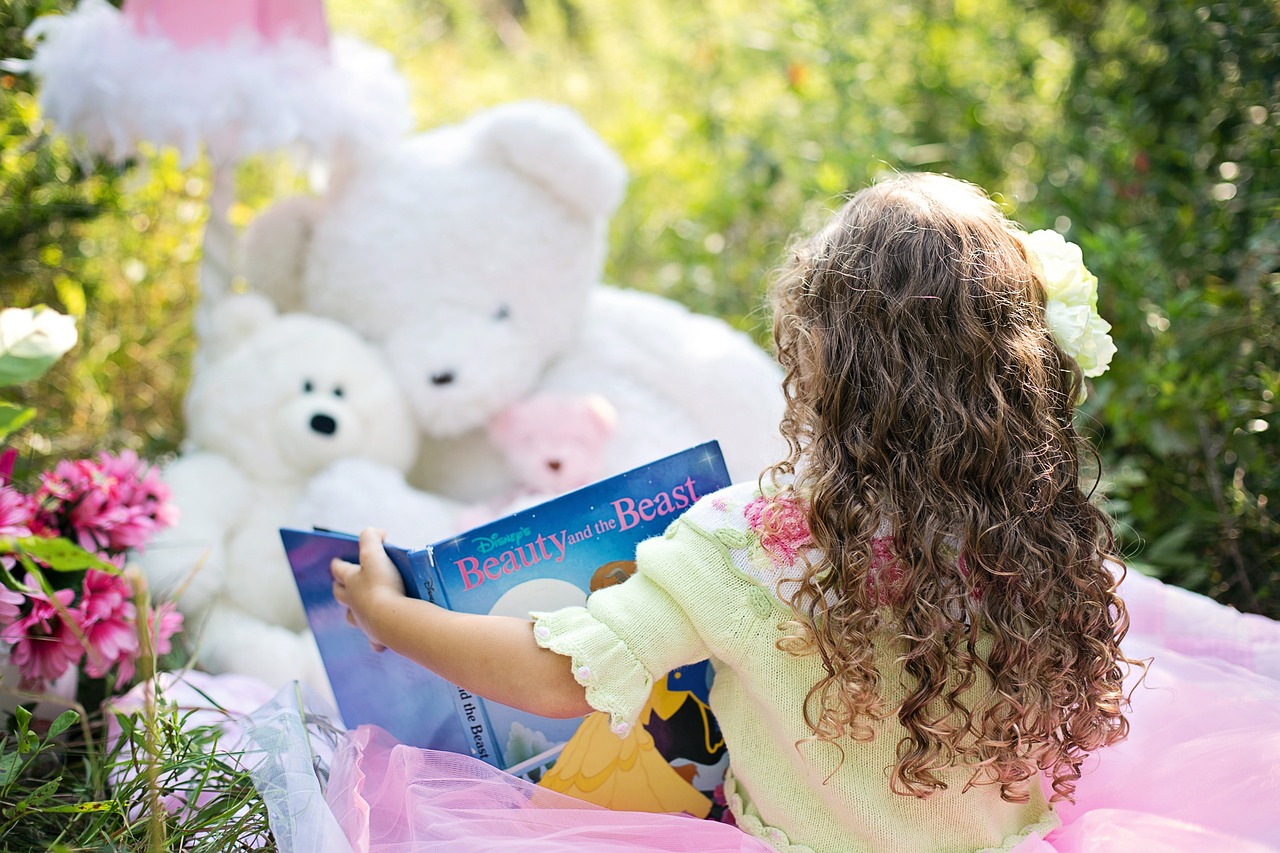
Enhancing Comprehension Abilities
Reading is a fundamental skill that plays a vital role in the development of preschoolers. It provides a strong foundation for success in all aspects of life, including academic, personal, and professional. Reading is not only important for acquiring knowledge and information, but it also helps preschoolers develop essential skills, such as comprehension, language, and cognitive abilities. In this article, we will explore the importance of reading for preschoolers, focusing on the role it plays in enhancing their comprehension abilities.
Building Vocabulary
Reading is a powerful tool for building preschoolers’ vocabulary and language skills. When preschoolers are exposed to a variety of books, they are exposed to new words, concepts, and ideas. This exposure helps to broaden their vocabulary, enabling them to express themselves more effectively and communicate their thoughts and feelings more clearly.
Reading also helps preschoolers to learn the meaning of words in context, which is critical for developing their comprehension abilities. When preschoolers encounter a new word in a book, they can use the context to infer its meaning. By doing so, they develop an understanding of how words are used in different contexts and learn to interpret the nuances of language.
Developing Comprehension Abilities
Comprehension is a critical skill that preschoolers need to develop to succeed academically and beyond. Reading provides an excellent opportunity for preschoolers to practice and develop their comprehension abilities. When preschoolers read, they are not only decoding words, but they are also interpreting their meaning and making connections between ideas.
As preschoolers develop their comprehension abilities, they are better equipped to understand what they are reading and to learn from it. They are also better able to express themselves and communicate their thoughts and ideas effectively.
Improving Critical Thinking Skills
Reading is a valuable tool for developing critical thinking skills in preschoolers. When preschoolers read, they are exposed to different perspectives, ideas, and concepts. This exposure helps to broaden their thinking and encourage them to question the world around them.
Reading also requires preschoolers to think critically and evaluate what they are reading. They need to understand the author’s message, interpret the meaning of the text, and draw their own conclusions. By doing so, they develop their critical thinking skills, which are essential for success in all areas of life.
Fostering Imagination and Creativity
…Developing Social and Emotional Skills
…Enhancing Cognitive Abilities
…Preparing for Academic Success
…Boosting Language Development
…Improving Concentration and Focus
…Developing Empathy and Understanding
…Encouraging Creativity and Imagination
…Promoting Positive Behaviour
…Building Strong Relationships
…Enhancing Memory Skills
…Developing Cultural Awareness
…Enhancing Critical Thinking Skills
…Improving Communication Skills
…Preparing for School Success
…Encouraging Independent Learning
…Promoting a Lifelong Love of Reading
…Reading is an essential activity for preschoolers that can provide a wide range of benefits, from boosting language development to promoting a lifelong love of reading. By making reading a regular part of their daily routine and providing a variety of books that reflect diverse experiences and perspectives, parents, caregivers, and educators can help to develop preschoolers’ comprehension abilities and set them on the path to success in school and in life.
While it may seem like a small activity, reading to preschoolers can have a big impact on their cognitive, social, and emotional development. By taking the time to read to preschoolers and engaging with them during the story, parents, caregivers, and educators can help to develop their comprehension abilities and prepare them for success in school and in life.
As parents, caregivers, and educators, it is our responsibility to provide preschoolers with the tools they need to succeed. By promoting a love of reading and fostering a positive attitude towards learning, we can help to give preschoolers a strong foundation for their future educational and personal pursuits. So the next time you have a chance to read to a preschooler, take it. You never know how much of an impact you could be making on their life.


